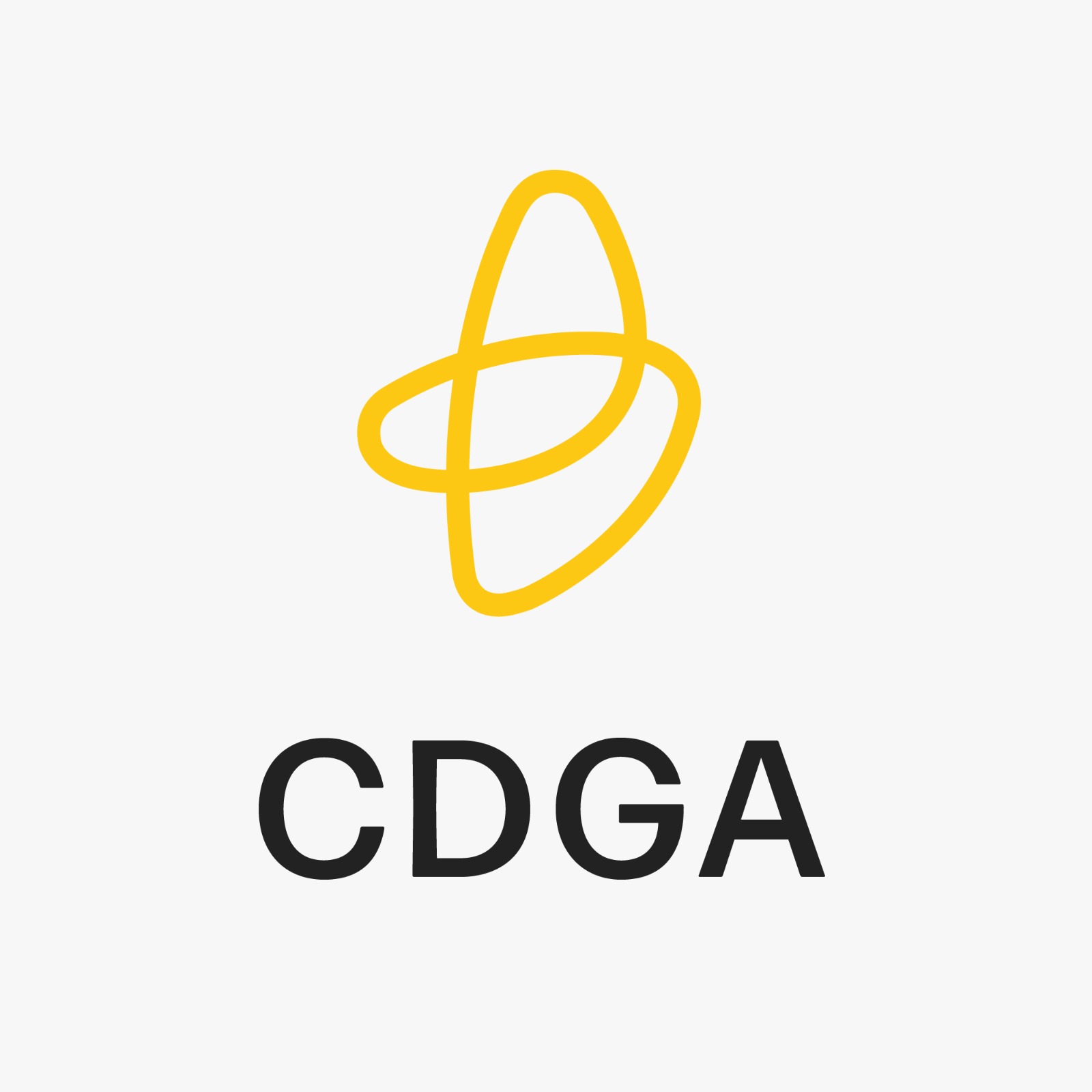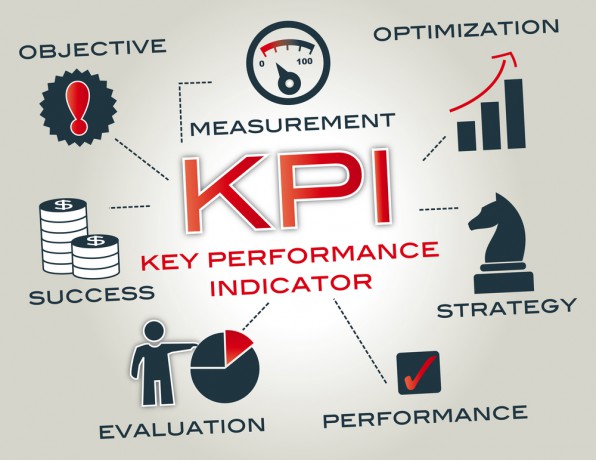

The Coaching for Managers Programme will cover:
Managing performance in the Organisation
The workshop aims to afford the busy professional the opportunity to learn practical techniques on how to foster a creative and problem-solving mindset, undertake meaningful business analysis and develop strategic plans using effective strategic planning tools and systems. As a result of this programme individuals will have highlighted key areas for personal development and developed an appropriate action plan; possess a range of practical tools and techniques to help them better manage creative teams, and use a variety of approaches to problem solving, business analysis and strategic planning.
The benefits of this approach will be felt across the strategic ‘journey’. These include:
This programme will help energise all those on the journey and secure the commitment from those necessary for success across the dynamics of where to go and who can help achieve the vision.
Managers who want to build organisational capacity through coaching for performance
Our Approach
Coaching is increasingly being recognised as an important element in staff development. It is acknowledged by the senior management in many organisations that the business will thrive if they offer some form of coaching to their staff.
Coaching is a partnership that will help your managers to achieve results in their professional lives. Through the process of coaching, participants learn more about themselves and their goals, how to improve their performance at work and enhance the quality of the daily life.
The continuum above describes an approach to coaching, in which a coach could advise or even tell the participant what to do. This is a very valuable intervention in the right circumstances. The BTS’s coaching team will deliver a range of objectives and indicative content for the coaching course and then facilitate each participant’s level of direction required during the sessions.
The BTS’s coaching team will offer managers the opportunity to benefit from a non-directive style of coaching. The coaching programme is designed to make your managers more focussed and aware of their choices, and through this help them to achieve their goals more quickly. The programme will concentrate on where participants are today, what they want to achieve and what they will do to reach their desired outcome.
We propose to deliver one- to one coaching skills sessions to your managers over the course of the programme. This will provide each manager with a number of coaching interventions. This will ensure that the manager is comfortable with their approach as a new coach and that a level of trust is quickly built up between them and their staff members. In each one to one coaching session, the participant will choose the focus of conversation while your coach listens and contributes observations and questions, with the aim of clarifying the participant’s position and options and moving them into a position to take action.
This non-directive coaching process encourages the participant to generate their own ideas and solutions, take responsibility for forward action and to make their own decisions.
Your managers will help their staff members to discover and clarify precisely what they want to achieve, encourage the participant to discover more about themselves, work with the individual to achieve participant centred solutions and importantly to hold the participant responsible and accountable. The coaching relationship is built on trust and respect. It will be non-judgemental, impartial and totally confidential.
It is important to remember that working with an impartial and professional coach is not like confiding in a friend. Good friends and even colleagues will have our best interest at heart and can be a great source of comfort and inspiration. However, on important subjects, they are likely to make suggestions from their own point of view or frame of reference. What they suggest is likely to be different from our own views and experience and can limit aspirations or plant doubt in our mind. Often we feel obliged to act on their suggestions or recommendations, even when they do not feel right. Our BTS programme will be completely impartial and will work with your managers to help them realise their own goals.
Your managers will learn to agree clear parameters with the participant at the outset. Having discussed the priority of topics, each coach will work through the established and recognised GROW model with the staff members:
G Goals
R Reality
O Options
W Will
At the end of each session specific outcomes and actions will be agreed between the participant and the coach and the coach will seek permission to follow up on these actions with the participant either at a further coaching session or by telephone\email.
In our experience, each coaching programme may comprise six coaching sessions. However, this should be regarded as a guide only and we will be pleased to work with each participant to develop a programme of coaching that most appropriately meets their needs.
Options to enhance the development potential of your coaching sessions
Use of the Emotional Intelligence Type Indicator
As the concept of "Emotional Intelligence" becomes more relevant in the workplace the need for self-awareness, and the awareness of others, has never been greater. BTS has therefore used these concepts to improve the development potential of senior managers.
Using the Emotional Intelligence Type Indicator we have provided a structure for participants to analyse the manner in which they think and act. This raises the self-awareness of participants so they are able to monitor and explain their own behaviour, and develop themselves accordingly. In addition, this structure provides participants with the understanding of others and why they act or behave in a particular manner - thus often reducing conflict and improving teamwork.
Problem Solving Techniques
We have successfully incorporated a variety of problem solving techniques into leadership coaching sessions. The use of the seven step model, force field analysis, SWOT and Fishbone diagrams has added value by providing a structure within which the participant can explore key challenges and conduct analysis. Assisted by the coach, the participant works through the challenge, discussing options and alternatives and in effect testing these out with the coach providing crucial inputs to challenge the participant’s thinking seek commitment to action.
Exploration of Values and Beliefs
Where participants struggle to understand their own feelings or reactions to team members or events, it can be useful to explore core values and beliefs. Our coaches can employ a values elicitation tool and/or a limiting beliefs identification process. This can help the participant to recognise issues which may be influencing their thinking or attitude and discuss why these barriers exist. The coach will then help the participant to develop a strategy to overcome the barrier or to minimise its impact.
| Code | Date | Venue | Fees | Register |
|---|---|---|---|---|
| MAN125-01 | 13-04-2026 | Johannesburg | USD 6950 | |
| MAN125-02 | 06-07-2026 | Kuala-Lumpur | USD 5950 | |
| MAN125-03 | 27-09-2026 | Dubai | USD 5450 | |
| MAN125-04 | 27-12-2026 | Amman | USD 5450 |

High-performing teams are critical to maintaining an organization's competitive advantage. These teams consistently show high levels of collaboration and innovation, and outperform their peers. In thi ...

This innovative and motivating programme, explains a structured approach to coaching which is effective when working with a new recruit or seeking improvement from an experienced player.

A properly designed and effective performance management process will require a range of techniques including agreeing objectives, reviewing and monitoring performance, giving feedback, coaching, trai ...

Many improvement initiatives fail due to a fragmented approach to the alignment and execution of practitioner activities. Operational Excellence (OPEX) supports the drive for sustainable profitabilit ...
Providing services with a high quality that are satisfying the requirements
Appling the specifications and legalizations to ensure the quality of service.
Best utilization of resources for continually improving the business activities.
CDGA keen to selects highly technical instructors based on professional field experience
Since CDGA was established, it considered a training partner for world class oil & gas institution
3012, Block 3, 30 Euro Business Park, Little Island, Co. Cork, T45 V220, Ireland
Mon to Fri 09:00 AM to 06:00 PM
Contact Us anytime!
Request Info